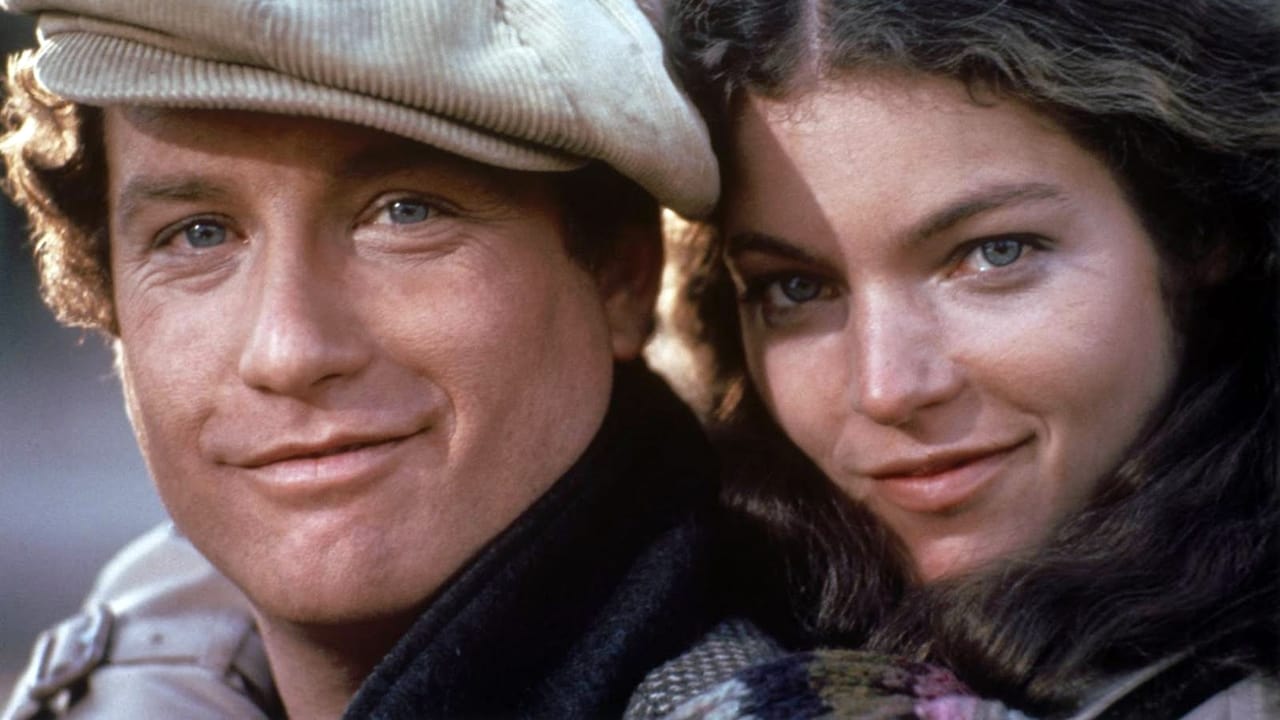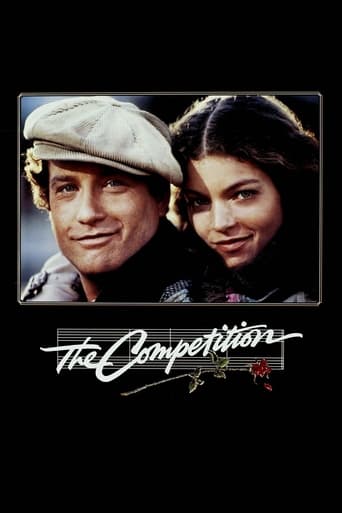

Fabulous film about the lives of pianists vying in a major competition that shall allow the winner an open-door to success.Dreyfuss must have had a thing with music for years later he starred in the also very good "Mr. Holland's Opus," In that flick he dedicated his life to teaching music in the schools; in this film, he lets an opportunity of teaching go by to vie in this important musical contest.Amy Irving is also wonderful as Dreyfuss' competitor and lover. The part with the Russian assistant applying for asylum should have been played up more. Too bad that the Russian lady who loses just stands there as a wall-flower at picture's end.Lee Remick shined in a supporting role as an imperious pianist, turned teacher who still has a heart by the end.That contestant from the Bronx just couldn't get that Bronx way of life out of him and that scene where his mother slaps him for revealing his delinquent past from very funny at best.
... View MoreWhere is the DVD of this Movie? Why Haven't They Made A DVD Of This Great Movie? I want to Own a DVD of this GREAT Movie! Richard Dreyfuff & Amy Irving give Excellent Performances in this Movie! The Movie Plot is Very Romantic & Yet Very Competitive! It is a Very Interesting Combination that works well together! The Music in this Movie is Fantastic! Not all of Us get a chance to listen to this kind of Classical Music. This is a Good way for Us to get to listen to these Compositions & enjoy some of the Classics! My VHS is Completely Worn Out....I Need the DVD of This Movie... to Watch when ever I would like too! Mystic Wolf
... View MoreIn 1980 this was a heartwarming love story. In 2005 this is a stale piece of soap. Stand by Your Man should have been the piece Amy Irving played in the competition, because throughout the entire film her character's growth consists of becoming a doormat for the Richard Dreyfus character. I could hardly sit through this two decades later, amazed at Irving's masochistic need to take anything Dreyfus dished out.In this movie, love means having to say you are sorry, over and over again, especially when you have nothing to be sorry for.Ugh.
... View MoreI must admit this was a great musical thrill as well as a pretty good love story between the competition, a very skinny Richard Dreyfuss and Amy Irving, who were trained competently for difficult hand movements while classical pianists did a good job. In the story she was trained for perfection by her teacher, Lee Remick. Such a wonderful actress she was!! What a pleasure it was to see her again, as well as listen to such fine classical music. Amy wins the prize for playing a very difficult piece of Prokiev; and, alas, a warm love story between the competitors. I highly recommend this to all classical music lovers; even though I don't know that much about them. I loved it, give it 8/10
... View More